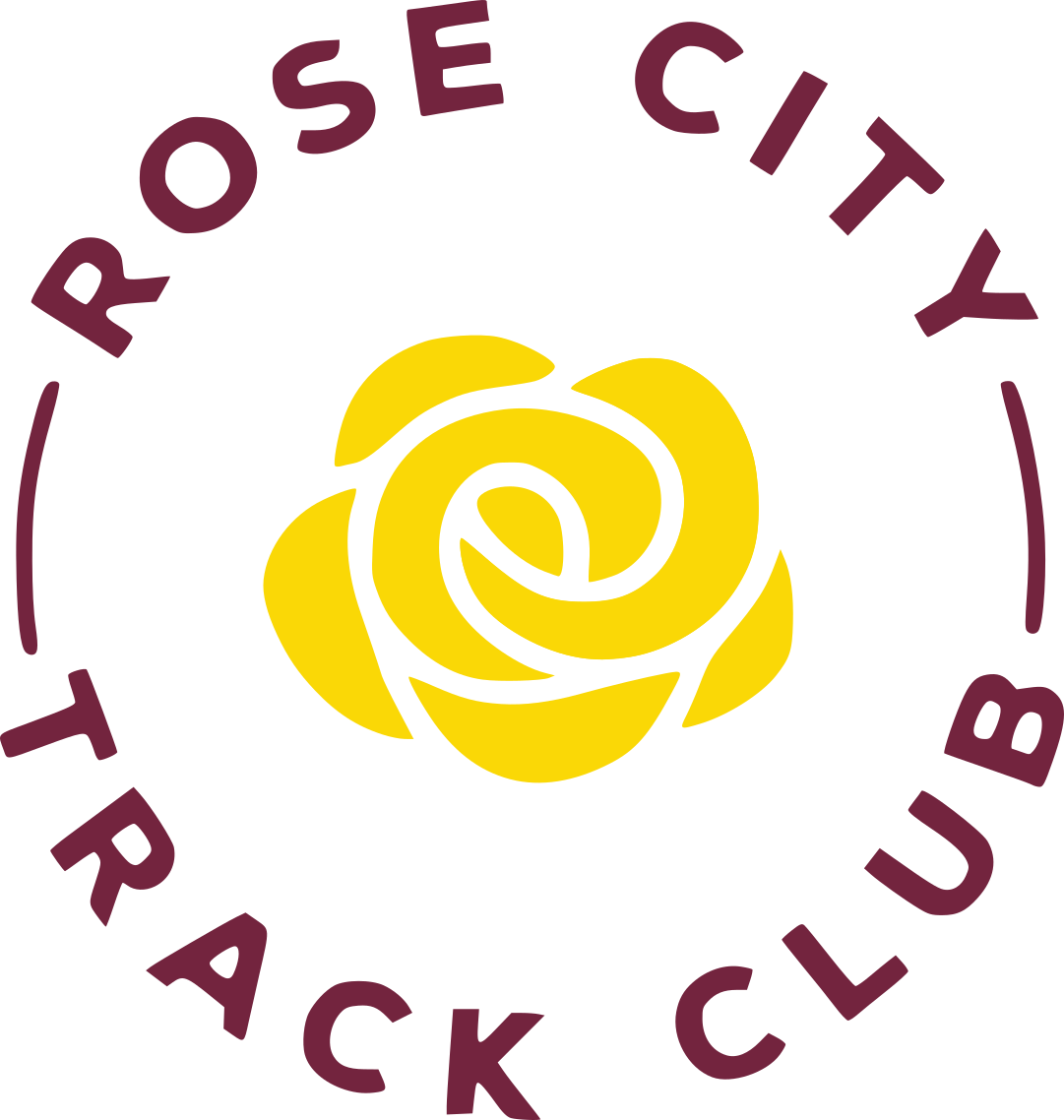Celebrating health and wellness with three team nutrition experts
In March we recognized National Nutrition Month. The annual campaign raises awareness about the importance of healthful and informed eating. This year’s theme–”Personalize Your Plate”–sheds light on how we all have different bodies, backgrounds, goals and tastes, and how there is no one-size-fits-all approach to nutrition.
Running and nutrition are deeply intertwined. At the same time, runners are also vulnerable to nutrition misinformation. Food rules, fad diets, and restrictive eating are all too common in the running community.
For National Nutrition Month, we spoke with three nutrition experts on the team: Lauren Ross, MPH, RD; Emily Ryder, RD; and Samara Roman-Holba, dietetics intern. Each of them have unique experience in the nutrition field. And, as athletes, they know firsthand how important nutrition is for fueling, performance, and wellness.
Why do you think it’s important to celebrate National Nutrition Month?
Emily Ryder: National Nutrition Month is our opportunity to really connect with people about nutrition! I feel like so often, people think of us as the “food police” (which most of us are not!). There are so many ways to celebrate food as well as how it fuels and sustains both us and our communities. National Nutrition Month is one opportunity we have to help share those things with the people!
Samara Roman-Halba: Food is such a big part of our lives and there’s so much misinformation out there so I think celebrating National Nutrition Month can help spread more awareness and help improve people’s relationship with food.
As an athlete, how do you think about sport and nutrition?
Lauren Ross: Interestingly, I find that having robust knowledge of nutrition frees me from some of the super-intense approaches that I see many athletes take. Because I’m able to understand the intricacies of metabolism and other biological processes, I know that there’s really not any magic involved with all of the sports nutrition products on the market. Will it fuel me? Is it convenient for the demands of my particular activity? Will it sit well in my stomach? Does it taste good? I can answer these questions without second guessing myself, and that’s reassuring.
SR-H: I think nutrition is so important for sports, particularly eating enough. Someone once told me “eat a lot because it helps you run and it’s fun.” I like to think of it as a tool, like finding what nutrition works best for me on long runs and races, and something I really enjoy and think about as what helps me fill the tank back up.
What are some common myths about nutrition?
LR: As a culture, we tend to think that less is more: less calories is “healthier,” weighing less is inherently “better,” etc. This is not true, especially in athletics! It’s crucial to eat enough, and fuel appropriately. Additionally, I think there’s a general idea that more fruits and vegetables, whole grains, lean proteins, healthy fats, and avoiding sugar and processed foods is THE way to eat, but that’s a Euro-centric way to look at eating patterns that makes a lot of assumptions about a person’s access to foods and personal values.
SR-H: I think the biggest myth for me was that you have to “eat clean” to get the most out of yourself as an athlete. This can add stress and pressure and turn into undereating really easily, and I noticed myself performing better once I ate in a way that was fun and sustainable for my lifestyle.
How can dietitians help runners?
ER: I think of nutrition as one of the many tools I have to be successful! Nutrition is literally the fuel that keeps us running! We can help make sure you’re fueling optimally to meet your running goals!
SR-H: In so many ways! Dietitians can help runners with disordered eating, proper fueling, race nutrition, blood sugar, nutrient deficiencies, and just overall performance improvement and recovery.
Anything else?
ER: The internet is a scary place. A few good resources for nutrition advice which I like: The Academy of Nutrition and Dietetics (Eatright.org), “The Nutrition Source” by the Harvard T Chan School of Public Health, and Nutrition.Gov. If you have questions about the legitimacy of something you’ve found on the internet, feel free to reach out! I am always happy to talk nutrition!
SR-H: A registered dietician (RD) is a credentialed and usually protected title and it requires at least a Bachelor’s degree, completion of Didactic Program in Dietetics (DPD) courses, 1,200 hours of supervised practice, and passing the RD exam. Anyone can call themselves a nutritionist basically. I think it’s really important to know this because my view on nutrition changed a TON from when I first started to now.
LR: It’s important for everyone, and especially for healthcare providers, to look at people as individuals who have different cultures, ideas, values, food preferences, and life situations that all shape what “ideal nutrition” is for that person. Prescriptive meal plans and diets don’t work.
Lauren Ross is a registered dietitian with a Master’s in Public Health. She currently works for Mead Johnson Nutrition promoting pediatric health.
Emily Ryder is a registered dietitian serving people of all life stages in hospital, inpatient and outpatient settings.
Samara Roman-Holba is a dietetics intern at Oregon Health & Sciences University and the Portland Veterans Affairs Health Care System.


